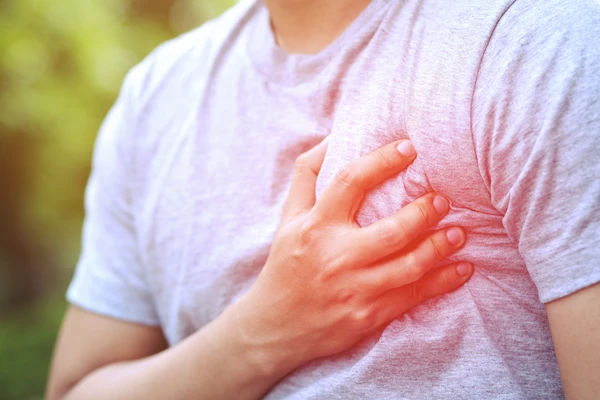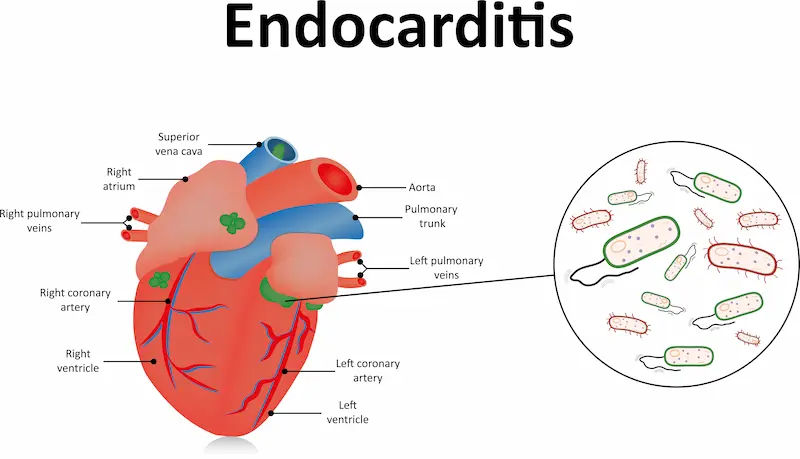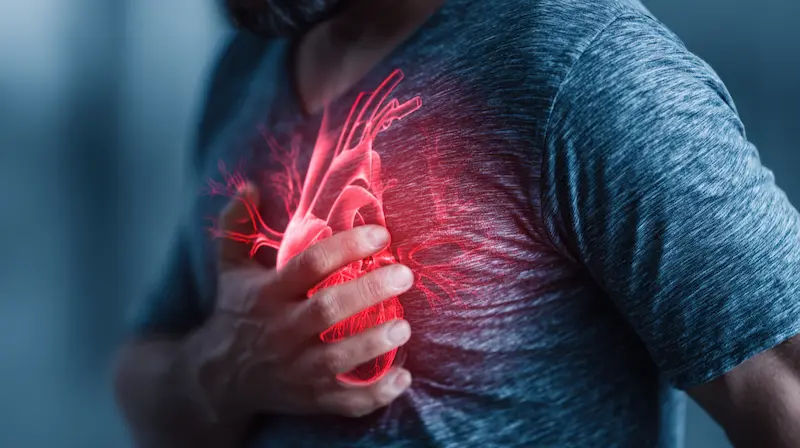- Male
- 22 Years
- 22/01/2025
I've been noticing something odd when I sleep. If I rest my head on my hand, when I wake up, that part of my head feels numb, almost like there's been blood circulation loss. It usually happens near my ear or sometimes at the back. Once I wake up and move my hand away, I can feel the blood coming back, and after massaging it for a bit, it feels normal again. Is this something to worry about, or is it common? I'm a bit anxious about it.
More Cardiology Health Queries
View allI'm a bit worried because I've been taking Rosukem A1075 after getting diagnosed with T2DM in September 2018. The cardiac doctor I visited then suggested this medication for a normal ECG and echo. But I've just got my annual health checkup reports, and both the ECG and TMT turned out fine. Now I'm unsure if I should keep taking this tablet. My diabetologist says I should continue with Rosuvas 5. Could you help me figure out what to do?
Since you were advised Rosukem A1075 by the cardiologist, it is important to follow their recommendation for your heart health. Rosukem A1075 contains Rosuvastatin 10mg and Aspirin 75mg, which helps in managing cholesterol levels and reducing the risk of cardiovascular events. As for your diabetologist's advice to continue Rosuvas 5, it contains Rosuvastatin 5mg which also helps in lowering cholesterol. It is important to follow both specialists' advice for optimal management of your conditions. So, you can continue taking Rosukem A1075 as advised by the cardiologist and Rosuvas 5 as advised by the diabetologist for your overall health."
Answered by 1 Apollo Doctors
I need some advice on my mom's ECG report. It says she's got a sinus rhythm and something called enlarged PtfV1. What does that mean? Should we be concerned about it?
The ECG report showing sinus rhythm and a large P wave in lead V1 indicates a possible right atrial enlargement. This could be due to various reasons such as pulmonary hypertension, tricuspid valve disease, or chronic lung disease. It is important to correlate this finding with your mother's clinical symptoms and history. There is no need to worry, but it would be advisable to consult a cardiologist for a detailed evaluation and further management. In the meantime, your mother may benefit from medications like Furosemide to reduce fluid retention and workload on the heart, as well as medications like Digoxin to help regulate the heart rate.
Answered by 1 Apollo Doctors
My mom recently had an angioplasty and her doctor originally put her on Abiflo, but now they've switched her to Syscan. Since the switch, she's been having some issues like itching on her lips and face, plus there's some swelling on her left foot. Should we be worried about these side effects?
consult cardiologist
Answered by 1 Apollo Doctors
Disclaimer: Answers on Apollo 247 are not intended to replace your doctor advice. Always seek help of a professional doctor in case of an medical emergency or ailment.





